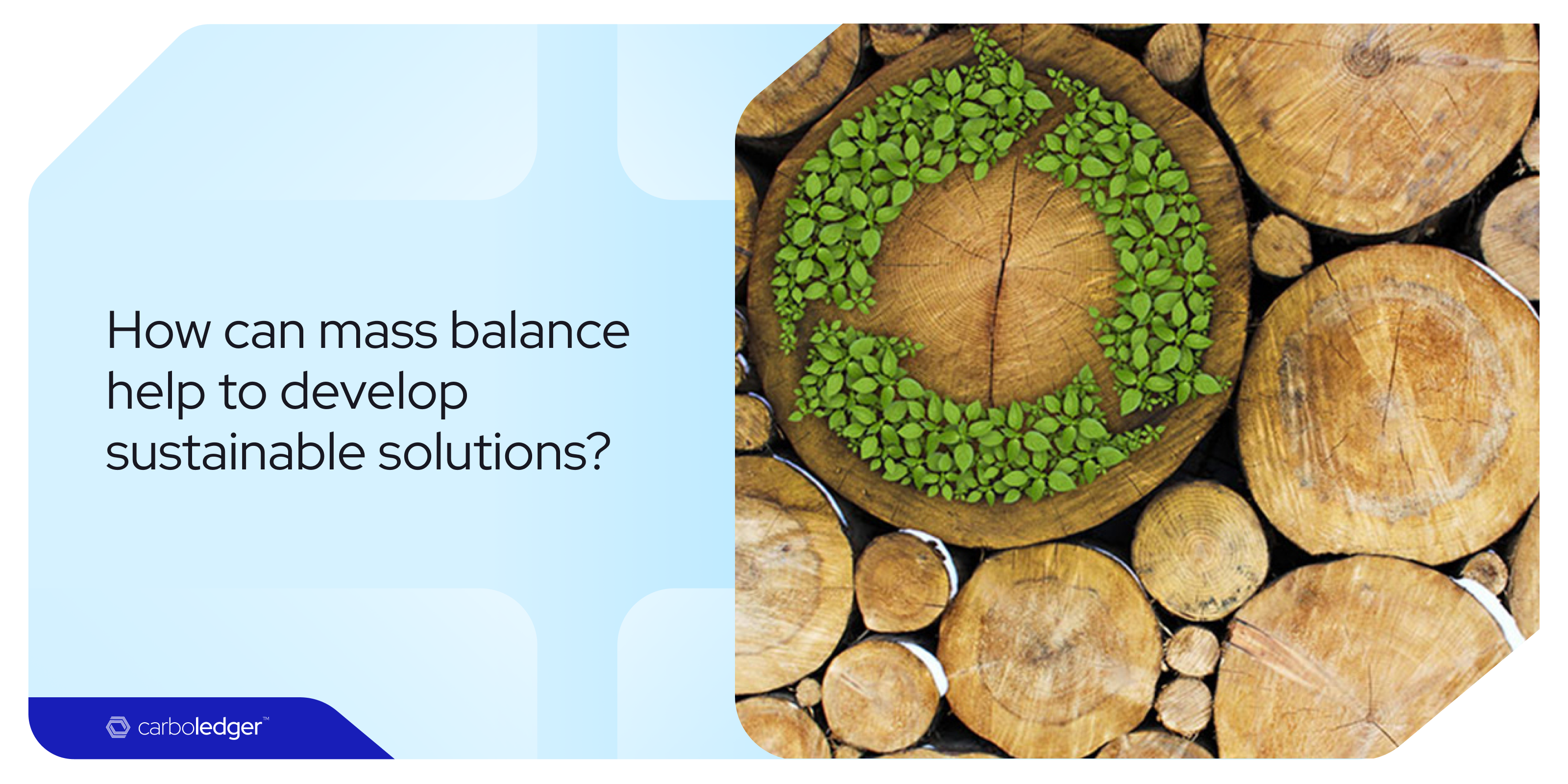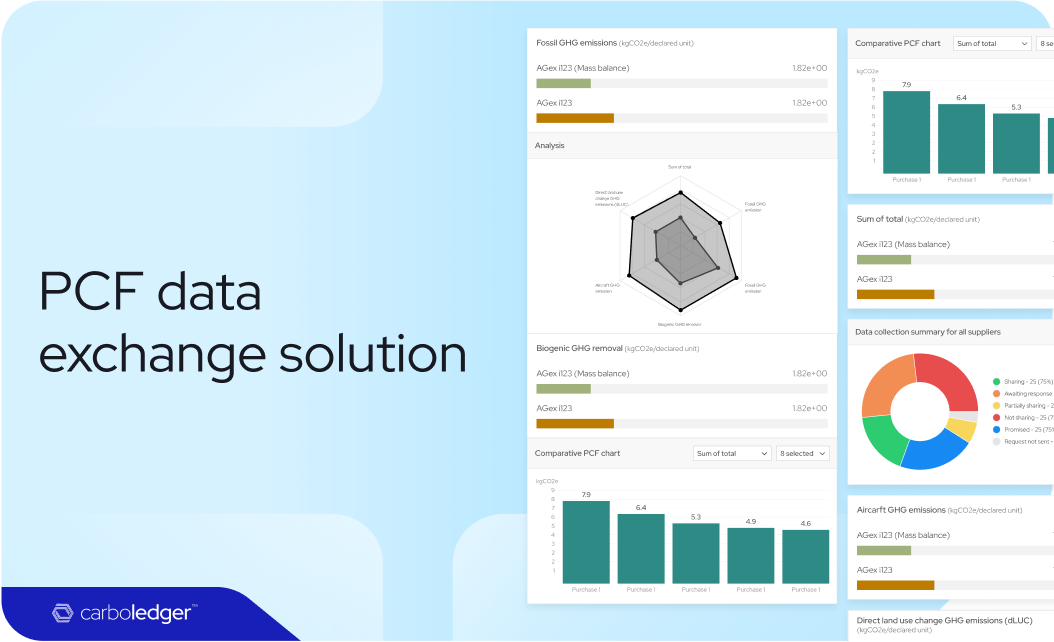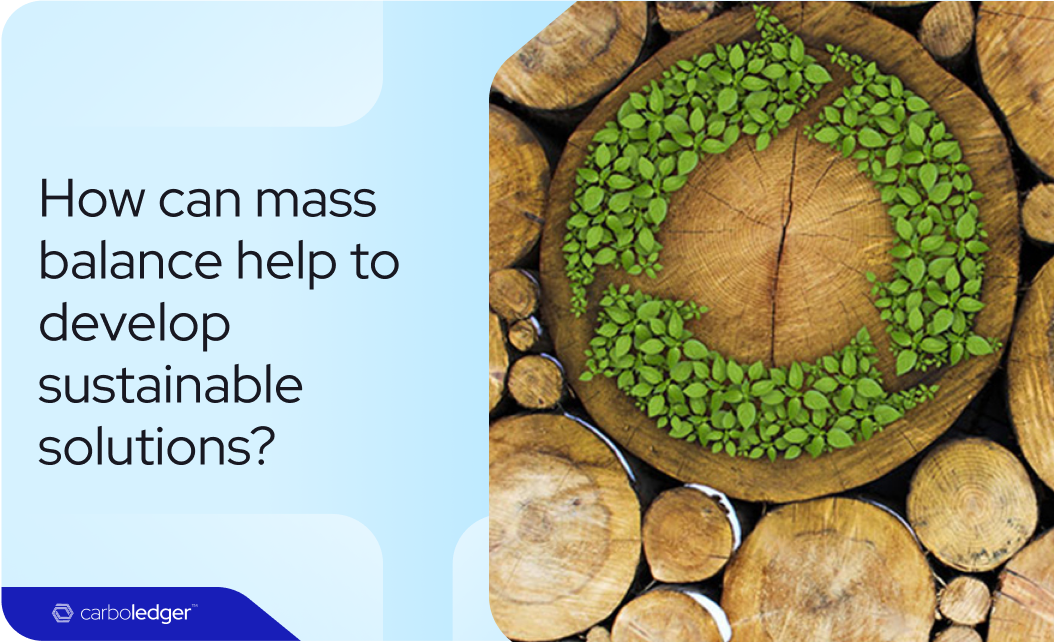Why is mass balance important for sustainability?
Let’s delve into the mass balance approach and its potential to drive business innovation by developing sustainable solutions.
Competitive edge in the market
Market differentiation is one of the key factors behind allowing businesses to grow in leaps and bounds. Products consciously made using the mass balance approach can be marketed as more sustainable options, which can help appealing environmentally conscious businesses and consumers.
Transition to a circular economy
The mass balance approach significantly contributes to a circular economy by encouraging the conscious and continuous cycle of recycling, reusing, and regenerating instead of being discarded after use. By incorporating renewable or recycled feedstocks into production processes, companies can cut down on waste, conserve natural resources and create products that are more sustainable. It eventually helps create a more resource-efficient production system besides supporting the principles of a circular economy.
Lowering carbon footprint
This is one of the most significant benefits of the mass balance approach. The amount of greenhouse gasses emitted during production is notably reduced by substituting fossil-based raw materials with recycled alternatives. Reducing carbon footprint is a crucial factor for industries aiming to meet stringent environmental regulations and pull off sustainability targets.
Cost-conscious implementation
Switching to sustainable solutions usually entails considerable initial expenses, especially with new technologies. Nonetheless, mass balance offers more cost-effective alternatives. Companies can adopt sustainable practices without incurring the high-cost related to overhauling the production system as it does not require you to change the existing infrastructure. As a result, this makes it a compelling choice for businesses, regardless of size, striving to bolster their sustainability credentials.
Sustaining product quality
One of the major challenges in implementing sustainable practices is ensuring that product quality is not compromised. Mass balance successfully overcomes this by allowing companies to introduce recycled materials while preserving the quality and performance of the product. Thus, consumers still receive the same high-quality products they are accustomed to, but with a diminished environmental impact.
Transparency and certification
Mass balance offers a reliable and transparent method to certify the sustainability of products. Certification bodies, such as ISCC Plus verify that the mass balance approach has been properly implemented, ensuring that companies can confidently promote their products as sustainable. This not only boosts consumer trust but also helps businesses stand out in an increasingly competitive market.
The future trajectory of mass balance in sustainability
In the years to come, as industries continue to evolve, the importance of sustainable practices will grow significantly. Mass balance delivers an adaptable and effective method for companies to minimize their environmental impact while making sure that the product quality is intact and operational efficiency is maintained. By integrating this approach, businesses not only meet their sustainability goals but also adapt to stricter environmental regulations in a cost-effective way.
With surging consumer focus on sustainability, companies that embrace mass balance will be well-positioned to cater to sustainability-focused markets. With rising consumer awareness about environmental issues, companies that adopt mass balance will reap long-term benefits besides establishing trust among its customers.
The bottom line
To conclude, mass balance is more than being merely a technical method; it serves as a strategic tool for enhancing sustainability across various industries. By carefully striking a balance of inputs and outputs in production processes, companies can produce top-notch products while reducing the environmental footprint.
As the world moves towards a greater sustainable future, the mass balance approach will become increasingly important. Adopting mass balance is pivotal for attaining long-term success that integrates innovation with eco-friendly practices.






